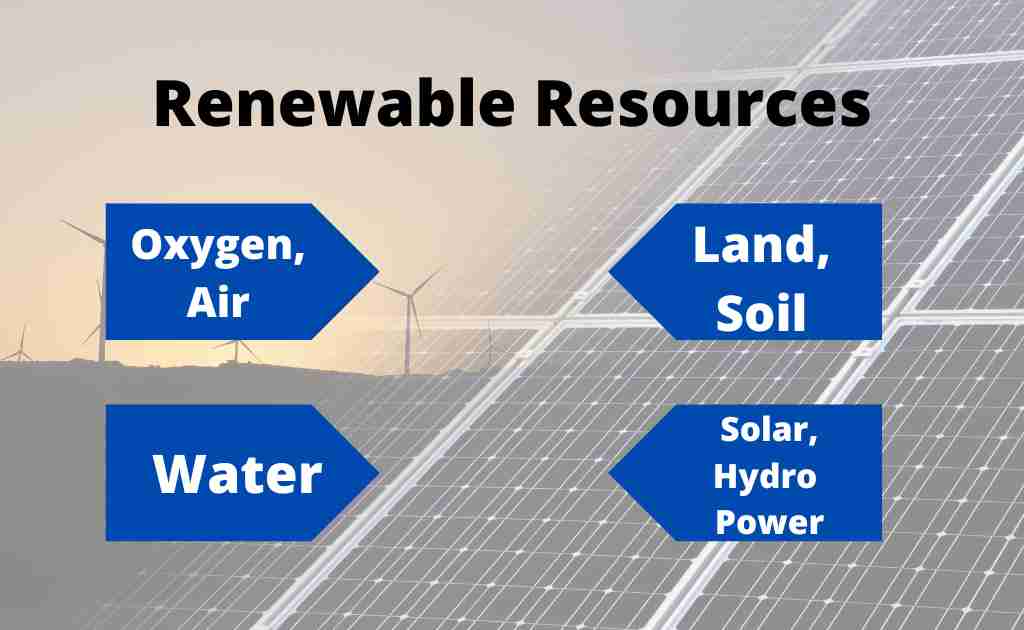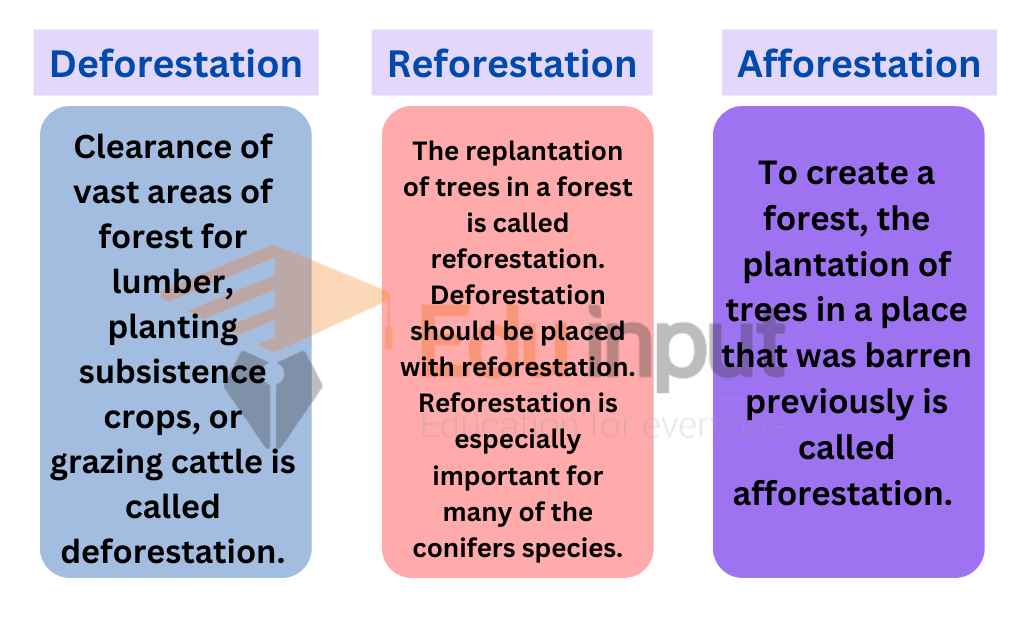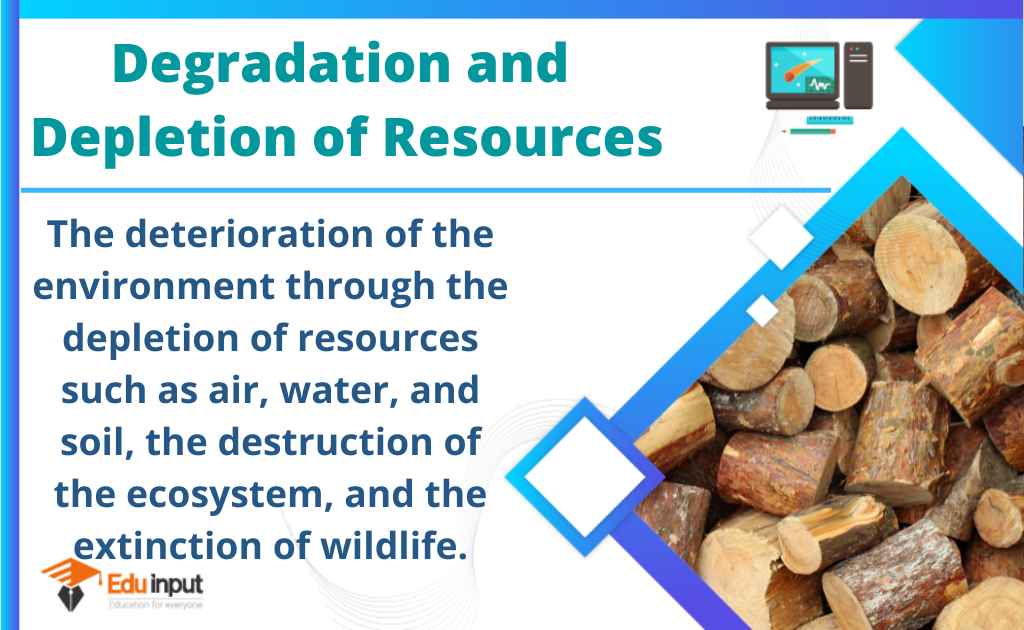Renewable Resources and Their Importance in Biological Systems
Renewable resources are those that can be replenished or replaced naturally. They are a key part of sustainability because they help us preserve our planet’s finite resources. Some examples of renewable resources include solar, wind, hydro, geothermal, and biomass energy.

Some of the renewable resources are given below:
Air/Oxygen
Air is several kilometers thick blanket of atmosphere surrounding the earth. Air is very important natural resource.
Composition of Oxygen:
It consists of these gases: Nitrogen (79%), Oxygen (20%), Carbon dioxide (0.03%), traces of inert gases called noble gases.
Importance of Oxygen:
1. Oxygen is consumed during respiration.
2. CO₂ and nitrogen are used as raw materials in a natural cycle. These are used for making food and other substances. These substances are required in living system.
Air Pollution:
Industrialization and automobiles are polluting air rapidly. Polluted air contains certain gases like carbon monoxide, hydrocarbons and oxides of nitrogen and sulphur. Green house effects and acid rains are global effects of the pollution.
Water
75% of the earth surface is covered with water. It is also a component of soil and air. It is also a major constituent of living organisms. It is 70 to 90% of the body weight. About 97% of the total water of planet earth is in oceans. 2% water is in the form of frozen ice caps. Only 1% of water is fresh water in lakes, streams and rivers.
Usage of Water:
Main use of water is:
(a) Domestic 10%
(b) Industrial utilization 90%
(e) Water is used as raw material for making foodstuff, drinks, liquid detergents and many other products.
(d) Sodium chloride (table salt) is obtained from seawater. Sodium chloride is used in cooking. It is also used for obtaining other useful chemicals like chlorine and sodium hydroxide.
Causes of Shortage Of Water:
- Industrial chemical wastes are toxic. They inhibit the natural purification of water. This purification is carried out by microorganisms.
- Chemical wastes degrade the river water and make it harmful to aquatic life. If Pollution of freshwater resources continues, There will be a shortage of fresh water supply in the future.
Therefore, measures should be taken to improve water sources.
Land And Soil
The land is an important natural resource. Soil is defined as the upper layer of the earth’s crust.
Composition of Land:
The basic constituents of soil are soil particles, soil water, soil, and inorganic matter and soil organisms.
Importance of Land and Soil:
Soil performs the following functions:
(i) Soil support life on land. Land plants depend directly on soil for anchorage.
(ii). Soil provides water, organic and inorganic nutrients to the plants.
(iii). Only 30% of the earth is land. Man lives on land. The population of men is increasing. Thus they are using more land.
(iv). 11% of the total area of the world is under cultivation.
Soil Problems And Abuses
- There is vigorous crop production. The mineral nutrients of soil are continuously depleting.
- There are many misuses of land. These are erosion, poor agricultural practice, extensive grazing, leeching, etc.
- Rapid urbanization is also disturbing the natural land conditions.
- Fertilizers, insecticides, and pesticides are also polluting the soil.
Conservation Of Soil
Proper awareness is required for conserving soil. Farmers and the general public should b educated through media.
Solar Energy
The sun is the Earth’s primary source of energy. Every day, the Earth receives a huge amount of energy directly from the sun. Solar energy at normal incidence outside the Earth’s atmosphere is about 1.4 kW.
What are Biofuels?
As the world looks for ways to reduce its reliance on fossil fuels, biofuel has emerged as a potential alternative. Biofuel is made from renewable organic products and is seen as a cleaner and more sustainable option than coal, oil, and natural gas.
Although prices for biofuel are currently higher than for fossil fuels, some experts believe that as fossil fuel prices increase due to scarcity and other factors, biofuel will become more competitive.

 written by
written by 



Leave a Reply